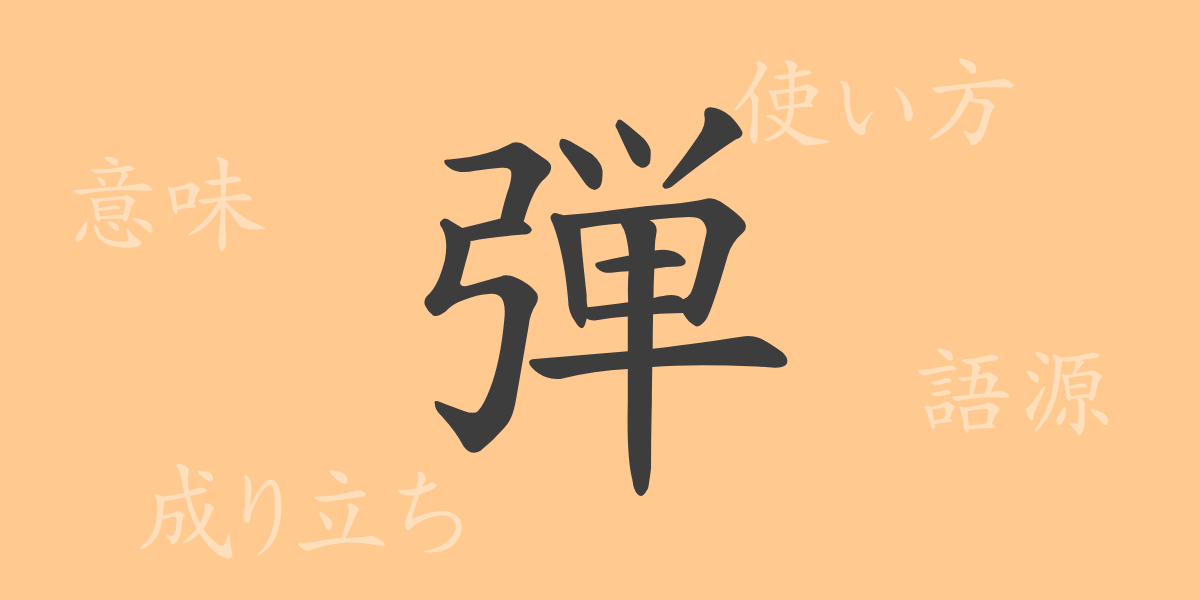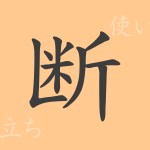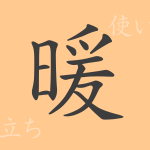The rich expressions in the Japanese language are filled with various Kanji characters, and among them, “弾” (だん) (dan) is a character with particularly diverse meanings. This Kanji, frequently seen in daily life, has been used since ancient times, and its usage and idioms are abundant. In this article, we will delve into the origins, idioms, and phrases of “弾” and explore its charm.
Origins of “弾” (だん) (dan)
The Kanji “弾” originated in ancient China as a word meaning to shoot an arrow with a bow. Its shape comes from a combination of the bow (弓部) and the object being shot (単). Over time, “弾” also came to mean producing sound and rebounding.
Meaning and Usage of “弾” (だん) (dan)
The Kanji “弾” has multiple meanings. Primarily, it is used in contexts such as “to play the piano” (ピアノを弾く), “to flick with a finger” (指で弾く), “bullet” (弾丸), and “impeachment” (弾劾). These meanings all relate to the original sense of “弾” meaning “to bounce” or “to spring back.”
Reading, Stroke Count, and Radical of “弾” (だん) (dan)
How is the Kanji “弾” read in Japanese, and what are its characteristics?
- Reading: The On’yomi (音読み) reading is “ダン” (だん) (dan), and the Kun’yomi (訓読み) readings include “ひく” (hiku), “たま” (tama), and “はじく” (hajiku).
- Stroke count: It has 15 strokes.
- Radical: The radical is “弓” (ゆみへん) (yumihen), meaning bow.
Idioms, Proverbs, and Expressions Using “弾” (だん) (dan) and Their Meanings
There are many idioms, proverbs, and expressions that include “弾.” Here are some examples:
- 弾丸のように (だんがんのように) (dangan no yō ni): An expression describing something moving very fast.
- 指弾き (ゆびびき) (yubibiki): Playing a string instrument by plucking with fingers.
- 弾劾裁判 (だんがいさいばん) (dangai saiban): A legal process of accusing or impeaching a public official.
- 弾圧 (だんあつ) (dan’atsu): Suppressing people using authority.
- 一触即発 (いっしょくそくはつ) (isshoku sokuhatsu): A proverb describing a situation that could become a big problem with just a slight touch.
Summary of “弾” (だん) (dan)
The Kanji “弾” has a wide range of meanings and plays an important role in Japanese expressions. From music to law, and even daily conversation, this Kanji is closely connected to our lives. Through this exploration, we have glimpsed the rich meanings and uses of “弾.”

























